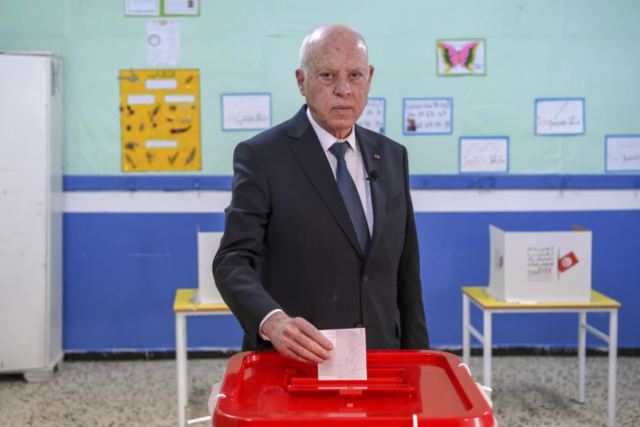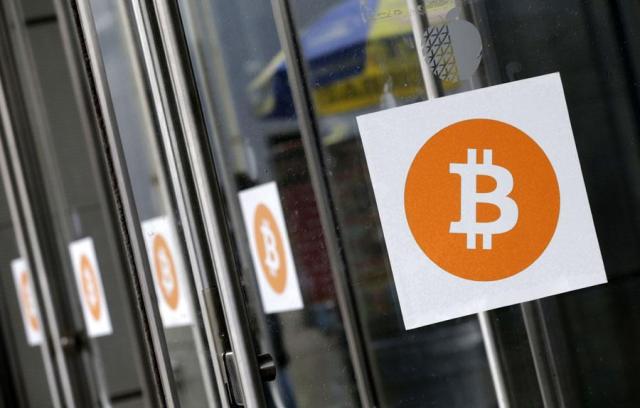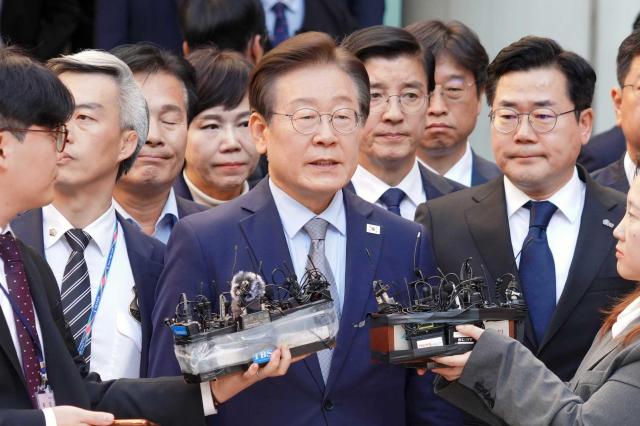
Tunisian President Kais Saied casts his ballot in the legislative elections in Tunis, Tunisia, in this file photo taken in December 2022. AP-Yonhap
Saied, 66, faced two rivals: former ally and Chaab Party leader Zouhair Maghzaoui and businessman Ayachi Zammel, who was seen as a major threat until his arrest last month. Exit polls show Maghzaoui with 3.9 percent and Zammel with 6.9 percent of the vote. Voter turnout was recorded at 27.7 percent.
Prominent opposition figures, including Rached Ghannouchi of the Ennahda party, have been imprisoned on various charges, and major political parties did not endorse any candidate. Rights groups claim that Saied has reversed democratic progress since his 2019 election, though Saied insists his actions target corruption.
The election process has been marred by political tensions, with Saied's appointed electoral commission disqualifying three candidates, prompting protests from opposition groups. Meanwhile, Tunisia's weak economy, high inflation, and unemployment continue to fuel unrest.
Recently, Saied's supporters in parliament stripped the administrative court of its authority over election disputes, leaving Tunisia without an independent judicial body after Saied dissolved the Supreme Judicial Council in 2022. In 2021, he also dissolved parliament and rewrote the constitution — a move called a coup by critics. The new constitution was approved with only 30 percent voter turnout, while the January run-off for the new parliament saw only 11 percent participation.
Copyright ⓒ Aju Press All rights reserved.



